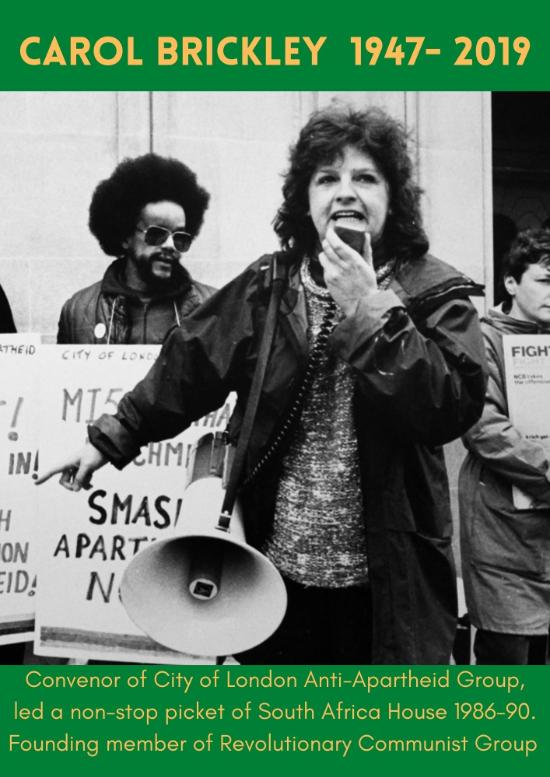Poliksena Shishkina-Iavein 1875-1947
Poliksena Shishkina-Iavein was a Russian suffragist, who in during the revolutionary turmoil of March 1917 led the largest woman’s demonstration in Russian history. Over 40,000 women attended the protest, which achieved the vote for all women over the age of 20 for the first time.
The month before, on International Working Women’s Day women factory workers had come out onto the streets of Petrograd and joined workers at the Putilov Works who were protesting against government food rationing. There was a growing resentment against the Tsarist regime, and women in particular wanted to show their dissatisfaction, not only with the lack of food, but with the increasingly unpopular war that had been devastating Europe for over two years. Women workers came out on the streets and marched to nearby factories to recruit over 50,000 workers for strike action. The government tried to stop the demonstrations but women boldly went against the advice of the union leaders and spoke with soldiers who then refused to open fire on the demonstrations and turned their weapons instead against the Tsarist forces, leading to the overthrow of the Tsar and the February revolution.
At this time, Shishkina-Iavein was the chairwoman for the All-Russia League for Women’s Equality. Sensing an opportunity to gain the right to vote for women, she led the mass march to the Tauride Palace where both the provisional government and Petrograd Soviet were wresting for political power over the nation’s future. The crowd refused to disperse until women’s suffrage was promised in upcoming elections. The head of the Soviet agreed and following more pressure, Prince L’vov, the head of the provisional government also gave his reluctant approval. In July 1917, the Provisional Government approved the electoral law establishing women’s suffrage, and in November, after the Bolsheviks took power, women participated in the elections to the Constituent Assembly. Thus Russia became only the second country in the world to legalise women’s suffrage – a year before women in Britain achieved far more limited voting rights.
Shishkina-Iavein was also Russia’s first female gynaecologist. After surviving the German invasion and siege of Leningrad from 1941-1944 she lived the rest of her life in Leningrad, until her death in 1947. We salute Poliksena Shishkina-lavein for the leading role she played in defending women’s rights in the emerging Soviet Union.





